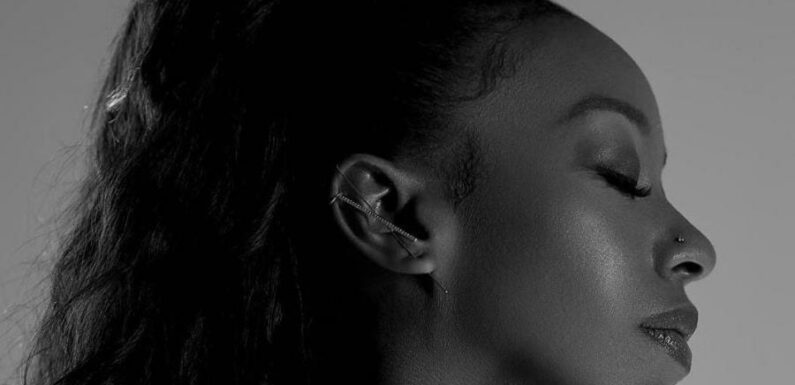
“Wow, you really know what you’re doing.”
That’s the incredulous remark Kiara Imani heard from her white colleague, Helen at the entertainment agency where she worked as a legal assistant. What came next was even more grating. The woman was visibly surprised when she was told by Kiara that she was a graduate of the University of Virginia’s law school, a program that’s higher ranked than hers.
“I shouldn’t be shocked but I am,” Helen said.
This is just one example of the many microaggressions Kiara faced at her predominantly white workplace in the few years she worked there. Day after day, she said felt an undercurrent of bias and racism while at the office, until finally she realized she couldn’t go on in the way she’d been.
“I needed someone to help me navigate these feelings I was having,” sharing she turned to the help of a therapist to sort through past traumas that were triggered by her workplace. And it was the best decision of her life.
In her sessions, Kiara told ESSENCE that her therapy was about so much more than dealing with her job.
“While talking to my therapist, I was explaining that I had a really hard day at work and was tempted to cry in the office,” Kiara shared. “But I didn’t cry because crying is weak and I would never let myself cry at work. And she kind of stopped me and asked the question, ‘well, where did you learn crying was weak?’ And that made me really emotional because it was just something I had always accepted as true.”
Kiara said the moment made her really inspect her past experiences and how they were manifested in ways she could’ve never imagined.
“I remember sitting in the car as a little girl and my mom would sit in the front seat repeating to herself, ‘don’t cry, Anna. Don’t cry, Anna.’ I was like, ‘oh, okay, mom’s trying not to cry. Crying is bad.’ This is a micro-trauma.”
Psychology Today describes micro-traumas as small, subtle psychic hurts that can lead to severe emotional distress over time.
“When my therapist connected those dots for me, I realized how important my treatment was going to be moving forward and that’s something my family just didn’t talk about when I was growing up.”
Like many Black families, mental health conversations didn’t always include psychotherapy as a treatment option. A qualitative study by Alvidrez et al., (2008) found that among Black people who reported feeling mild depression or anxiety would be considered “crazy” in their social circles. Another portion said that discussing their problems with an outsider (i.e., a therapist) may be viewed as airing one’s “dirty laundry.”
Kiara said she too thought that way, but unpacking her traumas and micro-traumas with her therapist allowed her to “inspect, reject and rewrite core beliefs that had previously guided her in life.”
During her mental health journey, she compiled her learnings into a book ‘Therapy Isn’t Just For White People.’ Described as a series of personal narrative on race, gender and identity, Kiara said she took ownership of wellness and ventured to answer the question: why is it so hard to be a Black woman in America?
She recounted the experience with Helen in the book (her name was changed for anonymity) along with many other deeply personal moments that shaped her into the woman she is today.
While writing the book, Kiara said just before the pandemic struck she needed to make a significant shift to protect her mental health.
“I went home thinking I was going to be home alone on this journey of self discovery,” Kiara told ESSENCE. “But then the world shut down and a lot of people were forced to go home to sit with themselves and finally step away from the hustle and bustle of waking up, going to work, coming home, going to sleep, doing it over again.”
After making the decision to leave the corporate sector in 2020, Kiara leaned into her entrepreneurial passions full time, and couldn’t be happier.
“I’m truly walking in my purpose and I know it’s because I was kind to myself,” she shared. “Learning how to let go of imposter syndrome and allowing myself to believe that I belong and am enough is everything. That’s what really matters.”
Source: Read Full Article
